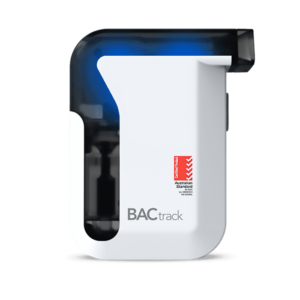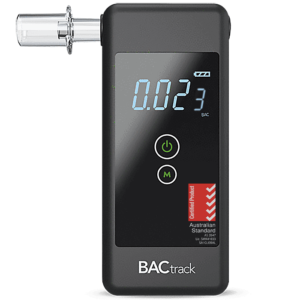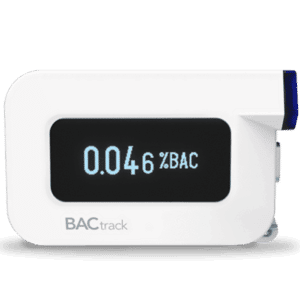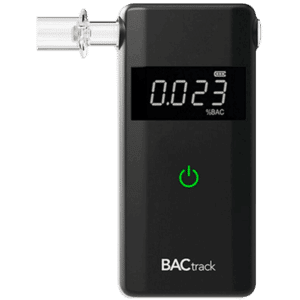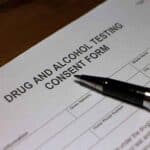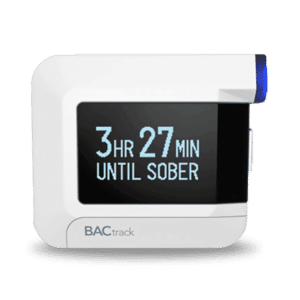Fair Work Australia Drug Testing Overview
16 January, 2024
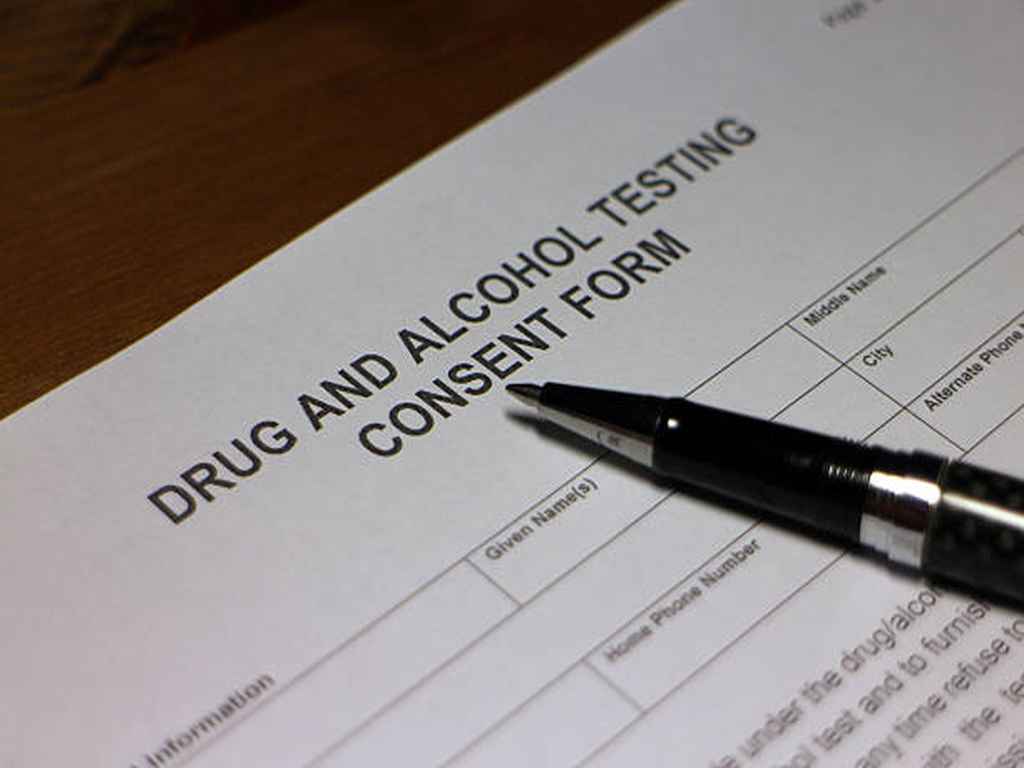
Fair Work Australia drug testing in the workplace is a common practice in many industries in Australia. It is a way for employers to provide a safe and productive work environment. However, this requires strict procedures to ensure proper testing practices. Fair Work Australia is the authority responsible for establishing guidelines and standards for drug testing in Australian workplaces. Employers and employees must know the scope and limitations of employment drug tests and legal considerations.
Illegal drugs can pose serious health and safety risks to individuals and society as a whole. In the workplace, drug abuse can affect safety, productivity, and the well-being of employees. Thus, several industries implement drug and alcohol testing to minimise these risks. However, companies must consider the legal aspects and relevant regulations before conducting the tests. This article will explore the Fair Work Act in Australia, the reasons for drug testing, and when to test employees.
What Is Fair Work Australia Drug Testing?
Fair Work Australia drug testing guides employers in conducting testing procedures to ensure a safe workplace. It emphasises the importance of having a clear drug and alcohol policy that outlines the purpose, processes, and consequences of testing. Moreover, this policy should be communicated to all employees to ensure transparency and fairness.
Various methods of drug testing are often used in workplaces. These include oral fluids, blood, urine drug tests, and alcohol breath tests. The tests can detect a wide range of illegal substances, as well as prescription medications and alcohol that may be abused. In addition, the tests are typically conducted as a condition of employment through a workplace policy.
The results of the drug test can have significant impacts on employees. If a worker tests positive for drugs or alcohol, they may face disciplinary actions, such as warnings, suspensions, or even termination. The consequences may depend on the specific policies and regulations of the organisation. Overall, it plays a crucial role in promoting workplace safety.
The Fair Work Act
Under the Fair Work Act (2009), employers can conduct workplace drug testing as long as they comply with the following requirements:
- Reasonable grounds. Employers must have a strong basis to believe that an employee is under the influence of drugs or alcohol or that their use of substances may pose a risk to themselves or others.
- Privacy and consent. Employers must respect the employees during the testing process.
- Impartiality and fairness. Drug testing procedures should ensure that there is no discrimination or bias in treating employees.
- Training. Provide training to supervisors and managers on how to recognise signs of impairment.
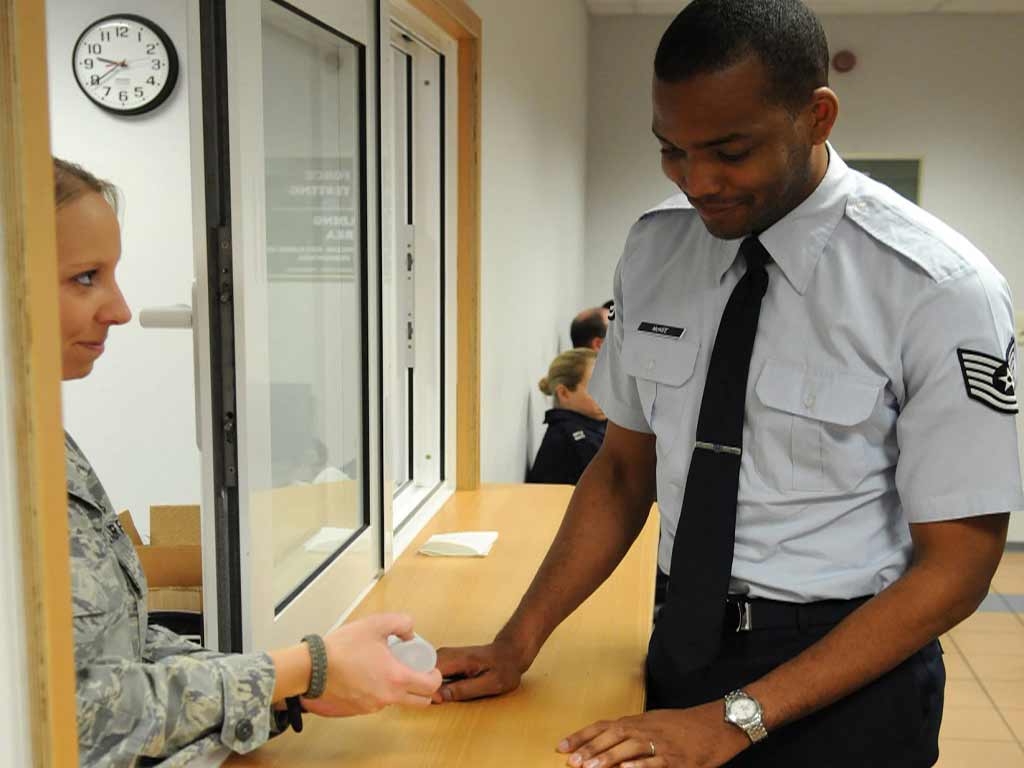
Reasons for Fair Work Australia Drug Testing
The main reason for Fair Work Australia drug testing is to ensure the safety and well-being of employees. Illicit drugs can impair judgment, coordination, and cognitive functions. This, in turn, increases the risk of accidents and injuries, especially for job roles involving heavy equipment operations. The purpose of the test is to detect substance use that may impair the ability of employees to perform their jobs safely and effectively.
Furthermore, drug testing can also help in identifying employees with substance abuse and who may need treatment assistance. Through consistent testing, employers can detect patterns of drug use and provide support and resources to help employees overcome their addiction. This can benefit the entire organisation as it helps create a more supportive workplace culture.
Employers also conduct drug testing to reduce healthcare costs and improve productivity. A stable workforce has lower absenteeism, downtime, and turnover rates. Lastly, it ensures compliance with occupational health and safety laws. This minimises legal liabilities that may arise due to untoward incidents. This is mandated in certain job roles and industries in Australia.
Legal Requirements and Implications
Organisations must comply with all the legal requirements of drug testing to ensure fairness and avoid potential legal issues. First and foremost, employers must develop a comprehensive workplace drug policy to implement drug and alcohol tests. The policy should outline the testing procedures and expectations for employees.
Failure to abide by the policies can have severe implications for employers. In case of a substance-related accident, employers may be held liable for negligence if they did not take reasonable steps to prevent the incident. Moreover, breach of privacy and confidentiality rights and unfair dismissal claims can result in fines and lawsuits.

When to Conduct Fair Work Australia Drug Testing
The Fair Work Australia drug testing outlines specific circumstances in which employers may test their employees. One of the common practice approaches is pre-employment testing. Employers require prospective employees to undergo drug testing to determine their suitability for safety-critical jobs. This helps ensure that new hires do not have substance abuse issues that may impact employee safety.
The second circumstance is random drug testing. Companies may conduct random tests to check if there are employees who may be under the influence of alcohol or drugs and are hiding their impairment. This allows them to manage safety risks and take appropriate actions. Additionally, random testing helps deter substance abuse.
Moreover, post-incident testing is conducted after an accident or incident occurs. This is crucial for investigating the causes of accidents and to see if drug or alcohol use plays a role. Finally, supervisors or managers may conduct reasonable suspicion testing if they observe signs of impairment among employees. Examples of signs include erratic behaviour, slurred speech, bloodshot eyes, and uncoordinated movements.
Who Is Subjected to Testing?
In general, employees with safety-critical jobs undergo regular drug tests. This may include management and staff in the mining, transportation, and construction industries. The criteria are often based on the potential risks associated with the job. This includes operators of dangerous machinery, firefighters, rail transport operators, air traffic controllers, and military personnel.
Furthermore, workplaces may require visitors for drug and alcohol screening before they enter the premises. This ensures that they do not pose safety risks to the worksite. Lastly, other industries or smaller organisations may also conduct drug and alcohol tests as long as they have a testing policy.
Conclusion
Fair Work Australia drug testing in the workplace can have several benefits for employers and employees. It helps identify and support employees with substance abuse issues, reduces healthcare costs, and improves productivity. It also ensures compliance with occupational health and safety laws. However, employers must comply with legal requirements and develop a comprehensive company policy to avoid potential legal issues. Fair Work Australia outlines specific circumstances in which employers may test their employees.
The common practices that companies can conduct drug and alcohol tests are pre-employment, post-incident, random, and reasonable suspicion cases. Testing positive for illicit substances can have several implications. This includes suspensions or termination for employees and potential legal disputes for employers. Therefore, it is essential to have a complete understanding of the Fair Work Act, local laws, and workplace policies to protect both employers and employees from any safety and legal issues.


















